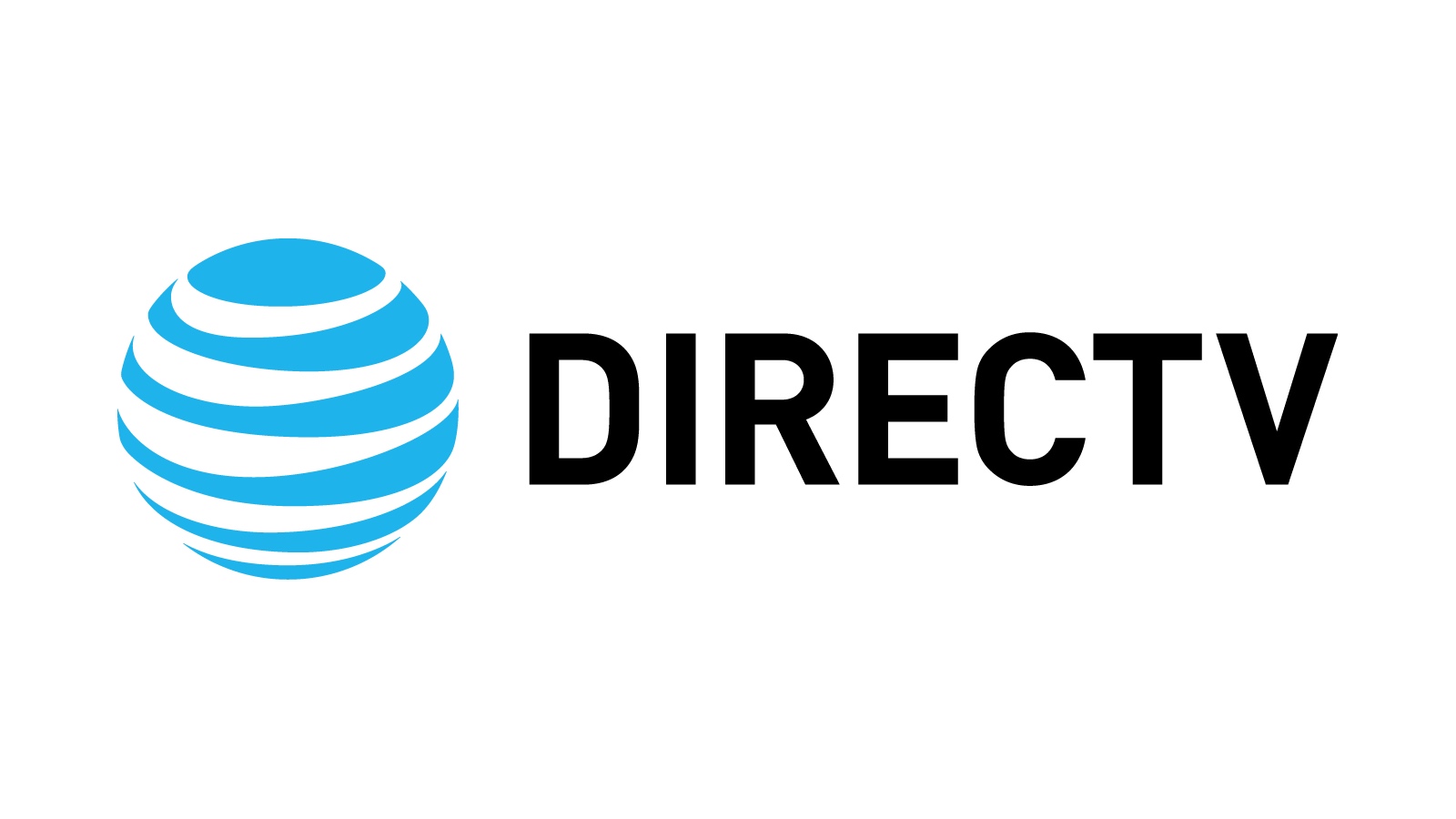Hearst Stations Go Dark to DirecTV

The smarter way to stay on top of broadcasting and cable industry. Sign up below
You are now subscribed
Your newsletter sign-up was successful
Hearst Television, after granting four temporary extensions to DirecTV and streaming service AT&T TV Now to try to hammer out a deal, pulled its 34 broadcast stations from the satellite giant’s customers Friday, after the parties failed to reach a retransmission consent agreement.
Hearst TV’s retrans deal officially expired on Dec. 31, but the broadcaster granted four extensions - one to 3 p.m. on Jan. 2 and three on Jan. 3 (at 3, 5 and 7 p.m.) while it tried to reach a deal. The extensions were initially seen to be a sign that an agreement could be close, but alas it was not meant to be.
“We must have Hearst’s permission to offer any of its stations and have repeatedly asked Hearst to keep them available while we conclude a new business agreement privately,” DirecTV said in a statement. “Hearst has refused and instead continues to demand far higher fees than we have ever agreed to with any other station owner including very recent deals with far larger broadcasters.”
The service disruption means DirecTV customers in those markets could miss NFL playoff games this weekend.
“Make no mistake, the decision to deny any fans their usual access to these games is Hearst’s alone,” DirecTV continued. “It’s hardly the first time, as DISH Network, Charter Spectrum, Cox Communications and our own customers have all gone without Hearst stations before. Fortunately, these stations’ programs remain available for free over the air and are also often available to stream at the local station or its broadcast network’s website and to fans using the broadcast network mobile app. We share our customers’ frustration, regret any inconvenience and appreciate their patience while we work to settle this matter as immediately as possible.”
Hearst TV confirmed the impasse, adding that viewers can still access the stations over the air or through another distributor.
“We have made significant investments to deliver top tier programming to our viewers and DirecTV is seeking the right to carry our stations at below market rates, which is neither fair nor reasonable,” Hearst said on its station websites.
The smarter way to stay on top of broadcasting and cable industry. Sign up below
